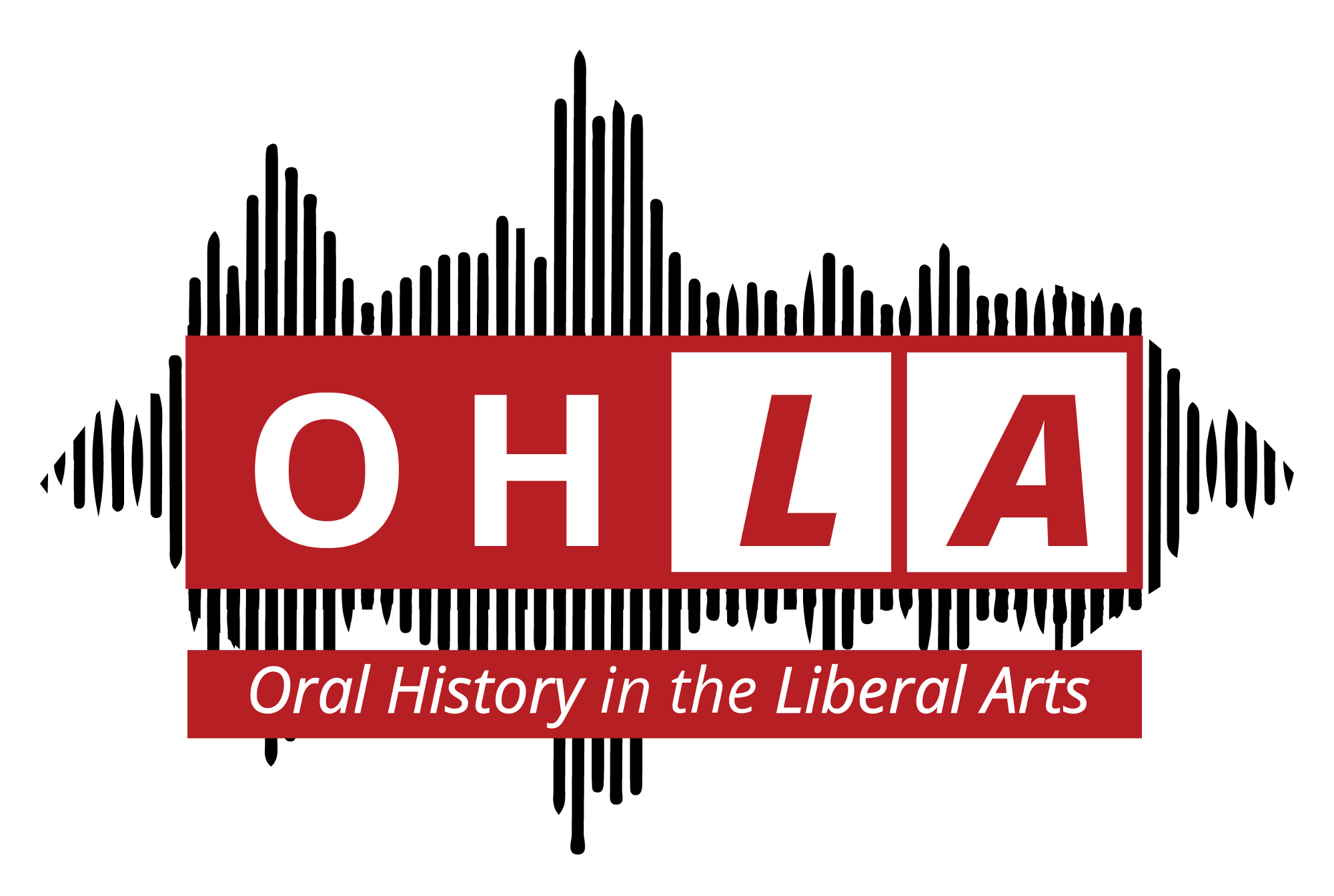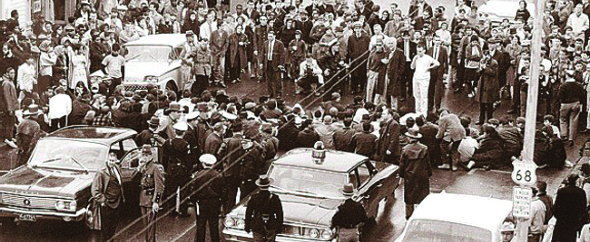Project Statement
 “Re-establishing a Seed Commons through Oral History Methodology: Capturing the Story of Seed ” is a research project that provides a venue for preserving knowledge of the nearly lost art of saving seed while grounding students in an epistemology of hope as they document change-makers who are charting a course forward into the great uncertainty of the Anthropocene. It highlights storytelling and mindful listening as a means of transferring knowledge from one generation to the next, and engages students in a high-impact pedagogy within a community of practice.
“Re-establishing a Seed Commons through Oral History Methodology: Capturing the Story of Seed ” is a research project that provides a venue for preserving knowledge of the nearly lost art of saving seed while grounding students in an epistemology of hope as they document change-makers who are charting a course forward into the great uncertainty of the Anthropocene. It highlights storytelling and mindful listening as a means of transferring knowledge from one generation to the next, and engages students in a high-impact pedagogy within a community of practice.
In fall of 2019, Beth Bridgeman, assistant professor of cooperative education, offered “Seed Sovereignty and Citizen Action”, an advanced level eleven-week course into which this project was incorporated.
 When we save seed, we are saving the important germplasm, or genetic material, within that seed. But it is critical also, to save the story of that seed. Who are those working at the forefront of seed sovereignty today? How are they saving seed, and why? What are their stories? Why do they save this particular seed? Where did it come from? Was it passed down through their family? Which ancestor passed it down? What mattered to those ancestors? What did they hope for? For how many generations has it been saved? How far back can the seed be traced? What are the memories associated with the saving of this seed?
When we save seed, we are saving the important germplasm, or genetic material, within that seed. But it is critical also, to save the story of that seed. Who are those working at the forefront of seed sovereignty today? How are they saving seed, and why? What are their stories? Why do they save this particular seed? Where did it come from? Was it passed down through their family? Which ancestor passed it down? What mattered to those ancestors? What did they hope for? For how many generations has it been saved? How far back can the seed be traced? What are the memories associated with the saving of this seed?

Students identified, interviewed and archived the stories of seed-savers and those who are working to re-establish a new seed commons, thereby utilizing oral history and experiential methodology in their own learning, and making available to the public these impactful strategies of seed mentors and seed elders who are “fighting the good fight”.
Interviewees were identified through partnerships with the Ohio Ecological Food and Farm Association, Rocky Mountain Seed Alliance, and Seed Savers Exchange.
“[But] someone needs to keep up an old method if it’s not to be lost; some young person needs to get interested and begin the life’s work of mastering the craft; be it botanical art or baking salt-raising bread or making saddles. Like lifeforms themselves, human crafts must be continually renewed, regrown inside a living person, or they become obsolete, extinct, within a generation”.[i]
[i] Howsare, Erika. “The Magnificence of Seeing.” Taproot, 14 Nov. 2017.






